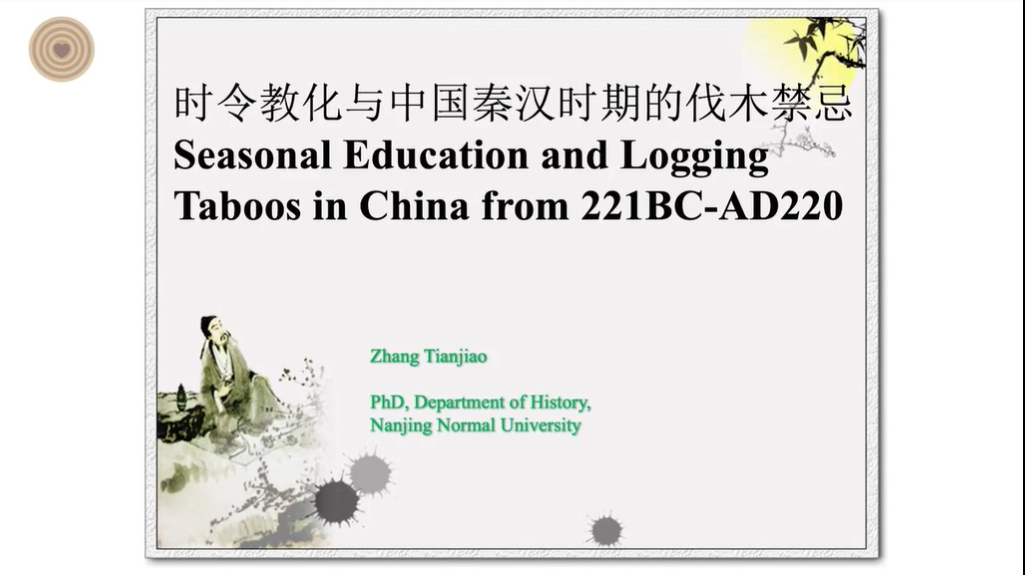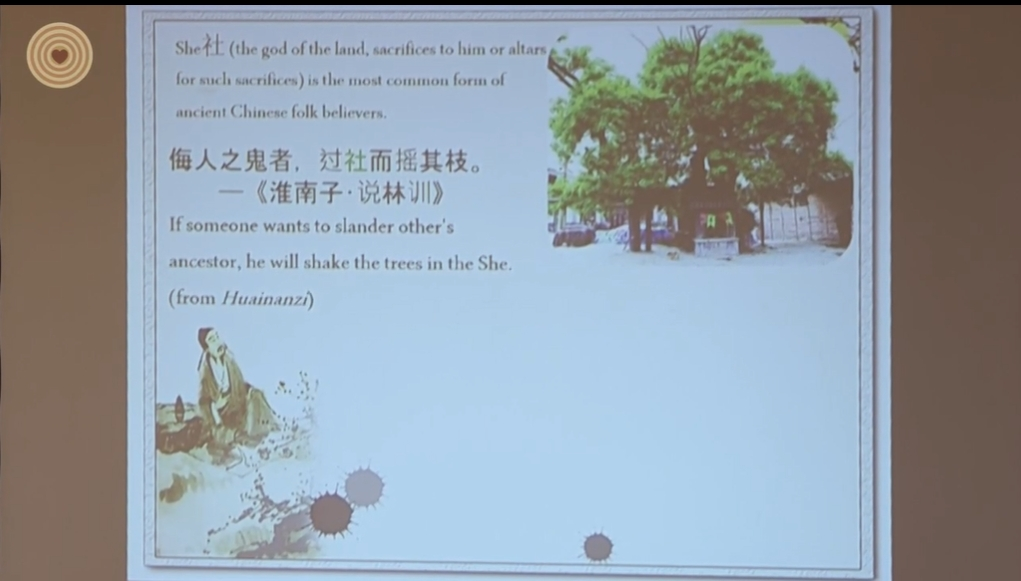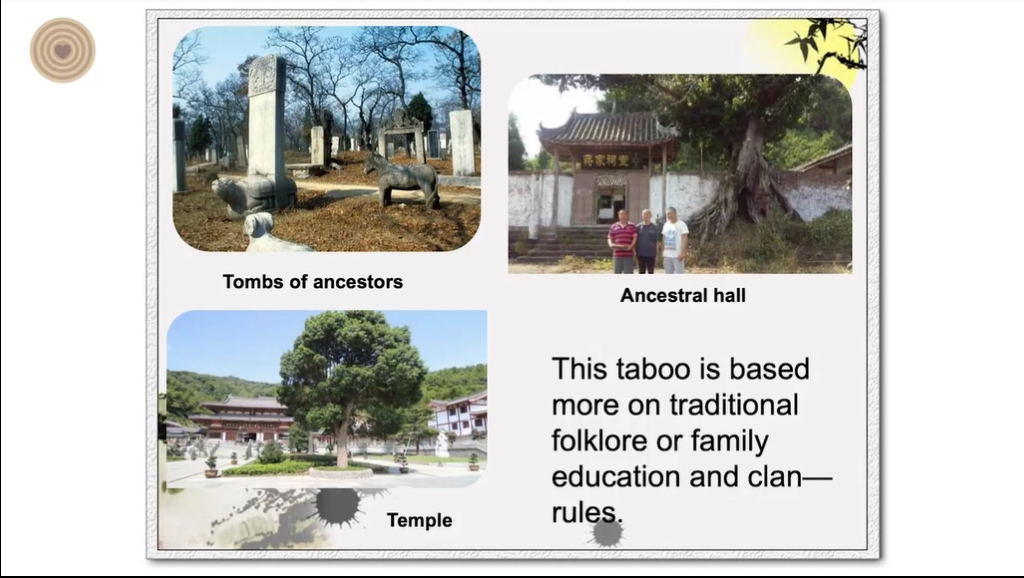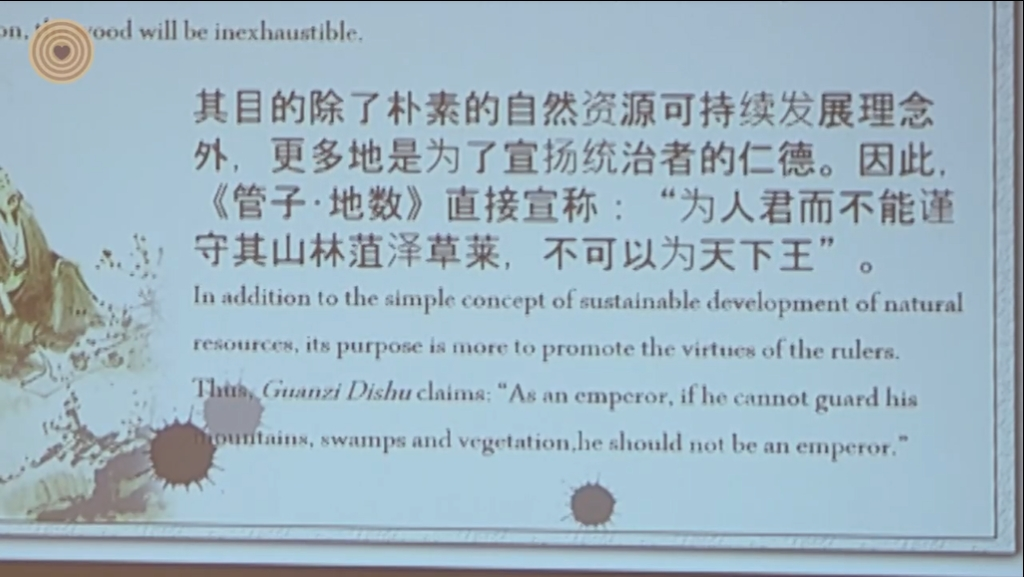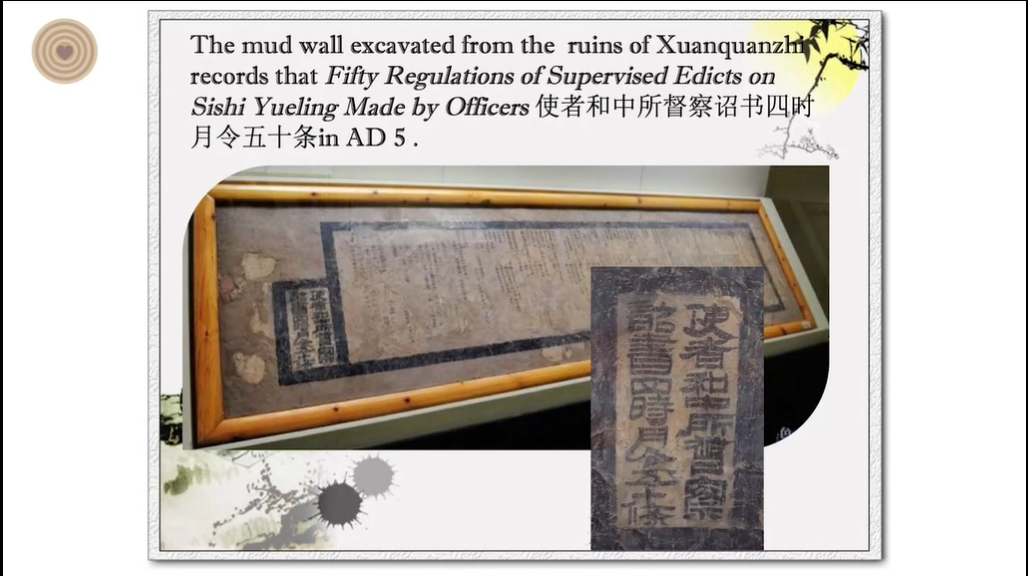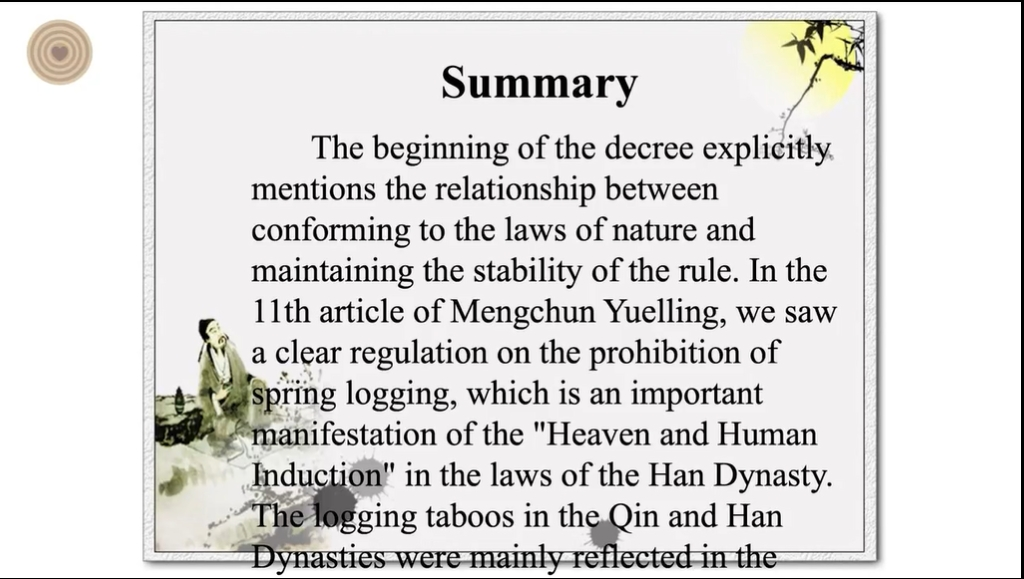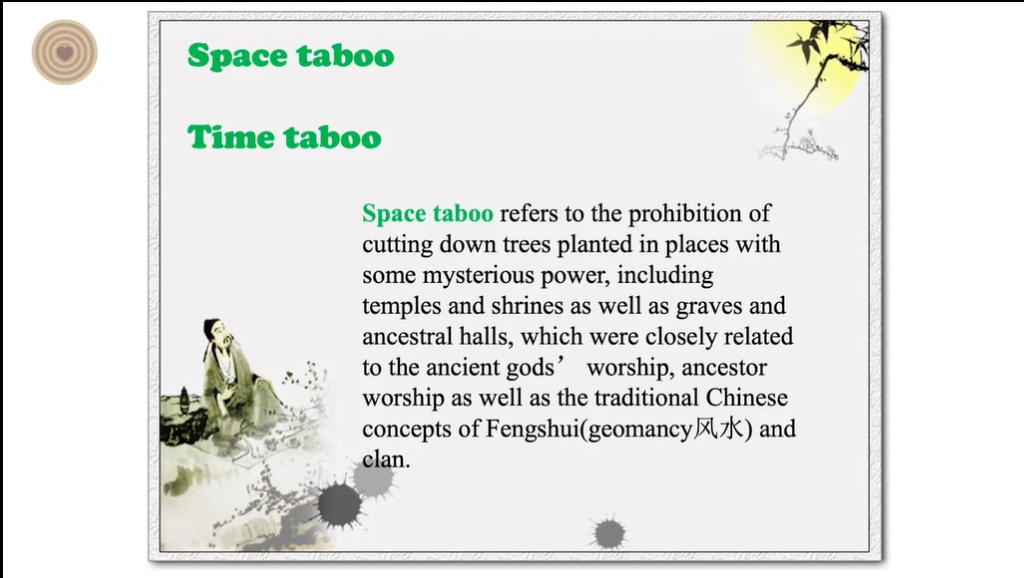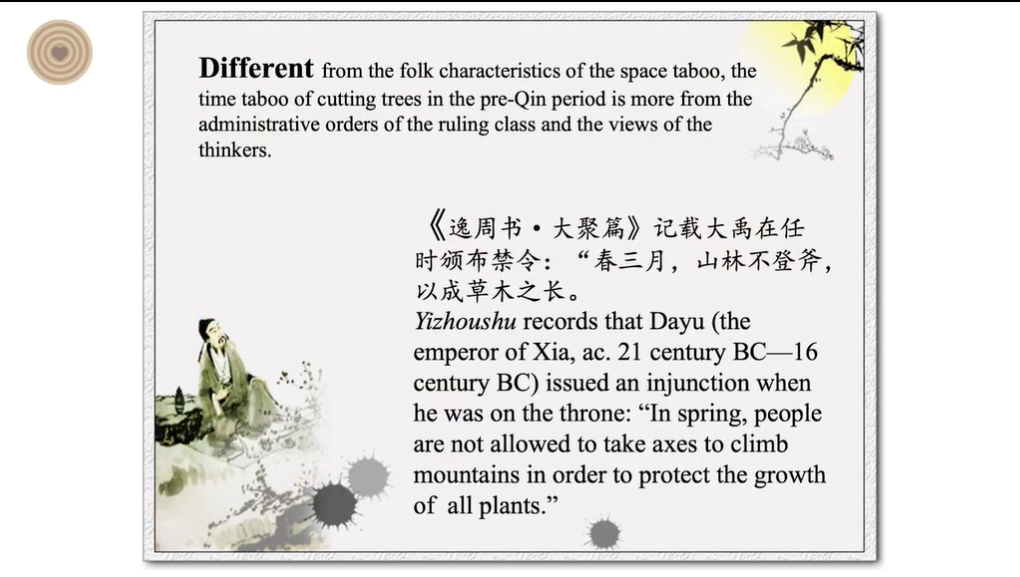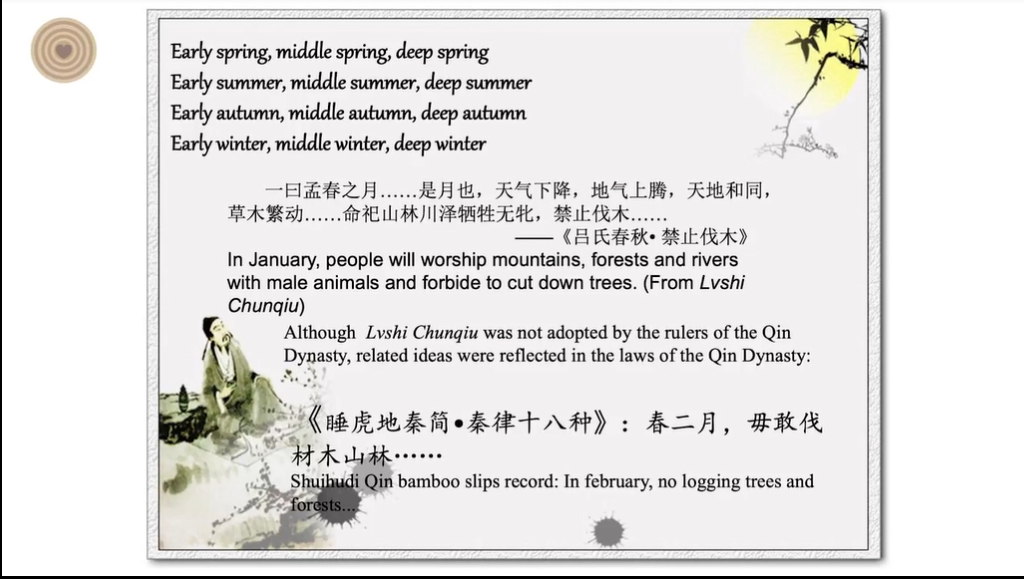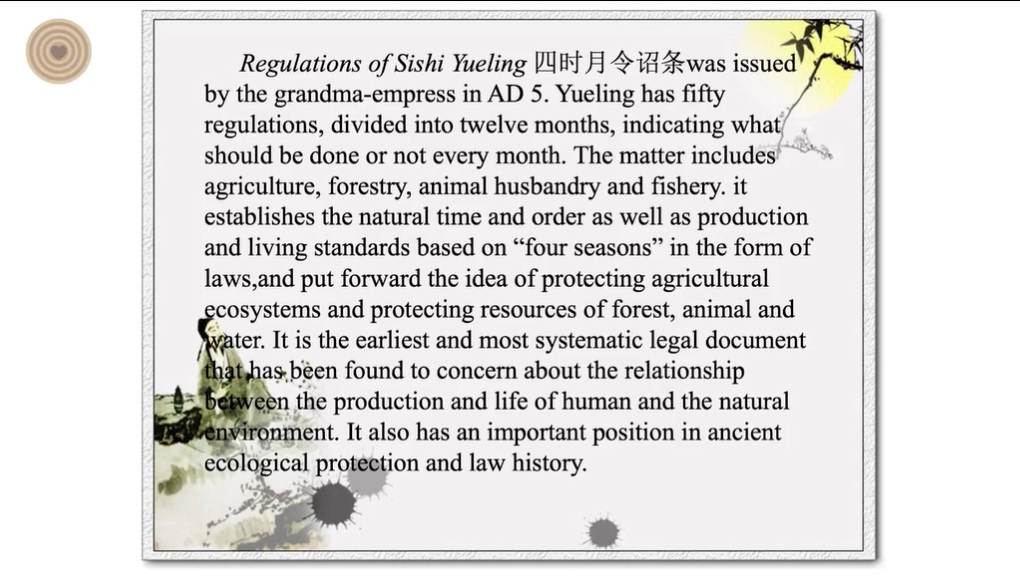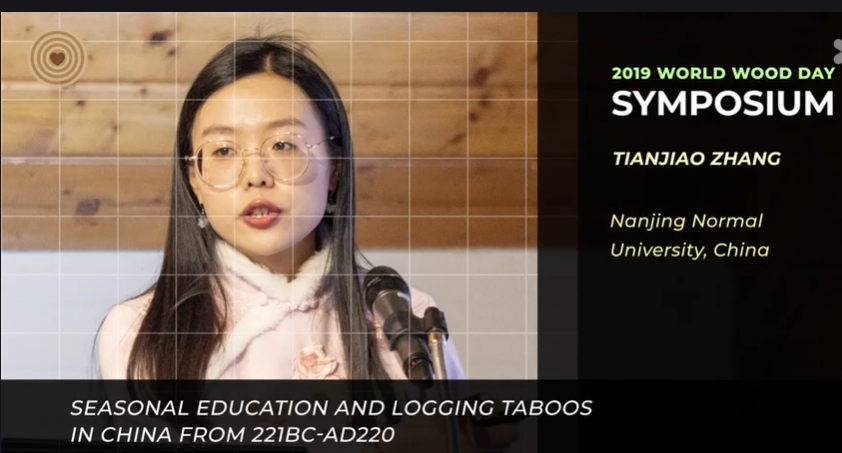会议时间:2019年3月21-23日
会议地点:奥地利·格拉茨
演讲嘉宾:Dr. Tianjiao Zhang
Nanjing Normal University, China
摘要:
Wood is an indispensable material in the production and life of ancient Chinesepeople. In the Qin and Han Dynasties (221BC-AD220), people not only paid muchattention to the harvesting of wood, but also had many taboos, which can beroughly classified into two kinds of taboos, including space and time. Spacetaboos refer to the prohibition of cutting down trees planted in places withsome mysterious power, including temples and shrines as well as graves andancestral halls, which were closely related to the ancient gods’worship,ancestor worship as well as the traditional Chinese concepts ofFengshui(geomancy风水) and clan.
Differentfrom the folk characteristics of space taboos, the time taboos of cutting treesare more from the seasonal education of the ruling class in the Qin and HanDynasties, which required the imperial people to arrange farming activities inaccordance with edicts issued by the imperial court. In the Qin and HanDynasties, the legitimacy of the emperor or dynasty originated from Heaven.Violating the laws of nature was often regarded as the ruler’s disrespect forHeaven, which was likely to bring negative effects on the ruling of thedynasty. Therefore, the dynasty made the seasonal education according to thelaws of nature that people should abide by. Spring is the season in which allthings grow and multiply, so felling in spring is contrary to the seasonal lawsof nature. The imperial court not only taught people through the seasonaleducation, but often prohibited them by imperial edicts or laws. Although thisseasonal education that closely related to the legitimacy of the ruler powerand the cognitive theory of the relationship between heaven and human haslittle relationship with conscious ecological protection concept, it stillcoincides with the green concept of sustainable development of ecologicalenvironment for modern human.
责任编辑:iwcs25P/H


 1,841
1,841